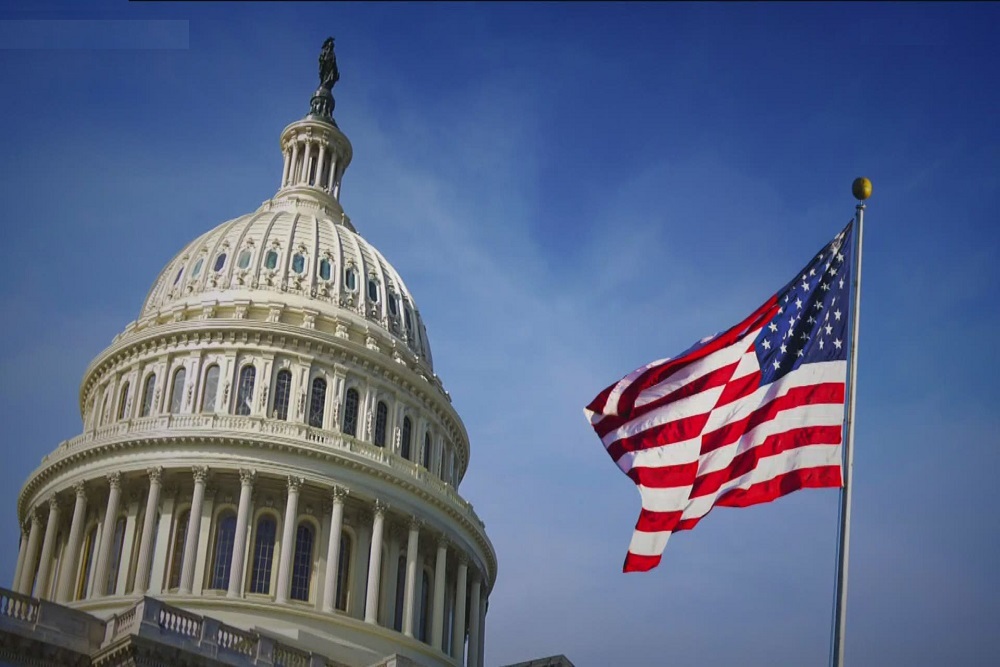Thank you, Madam President. I think I have to say before beginning my intervention, that the narrative we’ve just heard from the previous speaker is also astonishingly one-sided. Thank you, Prosecutor Khan, for your briefing. We wish you continued success in your role. And we commend your dedication to securing justice for the most serious international crimes.
The United States has historically been, and will continue to be, a strong supporter of meaningful accountability and justice for the victims of atrocities through appropriate mechanisms. Justice, accountability, and the rule of law are values we share, and which we continue to believe, are best advanced together. Now more than ever, with reports of atrocities occurring daily in Ukraine, we see the need to uphold support for international justice mechanisms, including the ICC.
With respect to Libya, the United States looks forward to ongoing cooperation with your office, as you embark on a renewed strategy for providing meaningful accountability for heinous atrocities committed against the Libyan people and migrants who find themselves in Libya, pursuant to UN Security Council Resolution 1970.
We welcome the extensive and thoughtful stocktaking exercise conducted by your office over the past six months, and your dedication to exploring several lines of effort to meet the expectations of victims that have waited so long for justice. This includes commendable efforts, as you have mentioned, to re-engage with Libyan authorities on accountability at the national level, in line with the bedrock principle that the ICC must be a court of last resort, as well as engagement with all other stakeholders directed at securing tangible results.
The Chronic insecurity we continue to witness in Libya, including continued mobilization of armed groups in the shadow of existing political rifts, would be reduced by resolving political uncertainty and by promoting accountability. We welcome renewed energy to explore available avenues for actions and consolidation of efforts. Accountability of course requires rigorous documentation and investigations. We welcome the recent report of the independent fact-finding mission on Libya, also known as the FFM, released on March 23. The establishment of the FFM by the Human Rights Council in 2020, represented a positive step forward in efforts to document violations and abuses of human rights and violations of international humanitarian law by all parties in Libya since the beginning of 2016.
Last month’s report revealed disturbing new evidence of mass graves thought to contain the corpse of migrants at a trafficking hub, and also reporting that the FFM saw reasonable grounds to believe international humanitarian law had been violated.
We support ongoing efforts to build domestic capacity to punish perpetrators of human rights abuses and violations and encourage support for local capacity building and judicial reform in Libya. Central to the success of any domestic prosecution is the guarantee of fair trial protections, as well as the protection of rights and security of victims and witnesses. We continue to monitor domestic legal proceedings against al-Senussi.
We also call upon the Libyan authorities to do more to support and advance accountability efforts, including cooperation with the ICC. Former senior officials of the Qaddafi regime, such as Abdullah al-Senussi, and Saif al-Salaam Qaddafi – the latter of whom is subject to an arrest warrant by the ICC for charges of war crimes and crimes against humanity – must face justice. Victims and survivors of human rights violations and abuses in Libya deserve justice. We once again call on the government of Libya to revoke decree 286, which continues to curtail the work of civil society and impede domestic efforts to secure justice for victims and survivors.
Finally, promoting peace and security in Libya is critical. United States reaffirms our call for the withdrawal of all foreign forces’ fighters and mercenaries from Libya, in line with UN Security Council 2570 and the October 2020 Libyan ceasefire agreement.
The ICC’s work in Libya is a critical element of our shared commitments to accountability, peace, and security. And we will continue to support the courts efforts to deliver true justice to the people of Libya.
Thank you, Madam President.
Original source can be found here.







